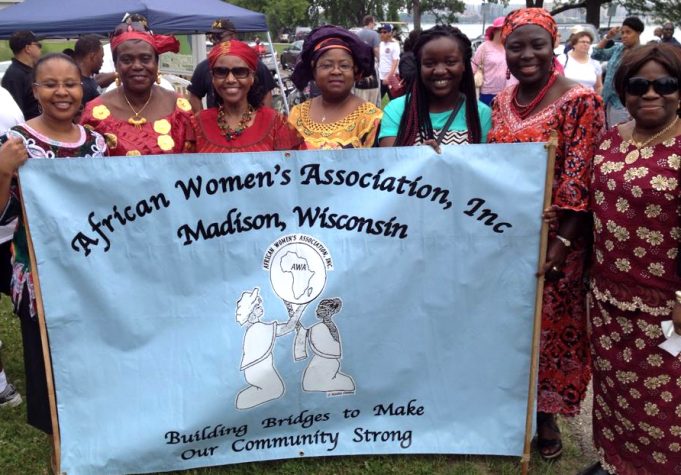Every year on the 4th of July, the United States of America celebrates its independence. July 4 marks the date the Declaration of Independence was signed breaking the colonies away from the tyrannical and unjust rule of the British Empire.
But for millions of Americans, July 4 was not the end of tyrannical rule or unjust governing. African Americans continued to suffer in slavery until the Emancipation Proclamation nearly 100 years after the Declaration of Independence provided an executive order freeing slaves in Confederate States as well as, obviously, the Union.
However, the State of Texas had not been involved in the Civil War and slaves there were unaware that this order had been given by President Lincoln. Juneteenth celebrates the date of June 19, 1865, when Union troops occupied Texas and Union General Gordon Granger read the Emancipation Proclamation out loud informing all African Americans that they were free.
This year, the Juneteenth Celebration takes place on Saturday, June 17, noon at the Labor Temple on Madison’s south side. Weather permitting, there will be a parade starting at the Fountain of Life Covenant Church at 10:45 a.m. and ending at the SCF Labor Temple (by Park and Wingra Streets).

Starting at noon there will be community discussion and listening panels focused on hearing the voices of the community in a way that will be more raw than most community events allow.
“This year’s event will be more about community engagement and listening,” said Facilitator Tequila Nash. “The committee feels that it is important during this political and social climate to allow the people’s voices to be heard unfiltered by media and institutional bias.”
Former State Legislator Johnnie Morris-Tatum will be speaking at the event as well as facilitating the discussion panel. Morris-Tatum served 4 terms on the Wisconsin State Assembly and she has worked tirelessly as Milwaukee’s Director of the Safe Families for Children Program.
The community discussions themselves will be free flowing and unpredictable, which Nash says is the whole point.
“I think it’s important for communities to have unfiltered voices. In this era of media bias it’s hard to have people just talk. So we’re just opening it up and I don’t know what’s going to be said. But we’re going to listen. The problem with conversations about race is that people come in with this expectation about what they are going to hear.”
While the current state of affairs involving President Trump, a rash of gun violence across Madison, the teetering status of health care as well as lack of diversity in both educational decision making and general lawmaking are sure to be hot topics, Nash feels it is important not to have pre-conceived notions of what community voices will bring to the table. She said that in addition to discussing whatever matters are in the hearts of the participants, there will be a concerted effort to help educate people about the history of African Americans in the United States and provide context for African Americans to even have a voice in community discussions.
“Historically, the Black voice has been shut out,” Nash said. “During Jim Crow it was illegal for us to have a voice. Every other culture has been able to have a voice. If you’re an Italian-American or a Polish American you have the ability to have a voice and trace your journey to America from those places. But African Americans haven’t had that. Juneteenth for me is an American celebration. It was the end of slavery. That’s not a Black celebration, that’s an American celebration.”

Inclusion is a theme of this era as it is. During the 2016 Election and since then, there have been debates and outright commentary about who exactly gets to call themselves American. There has been talk about who can stay and who needs to leave. The racial views of the current Presidential Administration have been under fire to say the least.
Inclusion seems further away than ever, a jarring concept nearly 152 years after all Americans were declared free and equal.
“All of our history is not going to be pretty,” Nash said. “But if we want to be a unified country that includes everyone then we have to include everyone’s history. And to do that everyone has to have a seat at the table.”
The clear message is that all Americans need to be included when it comes time to celebrate America. The Juneteenth celebration isn’t a black holiday, Nash, wants people to know. It’s the actual true date America became America for everyone.




























